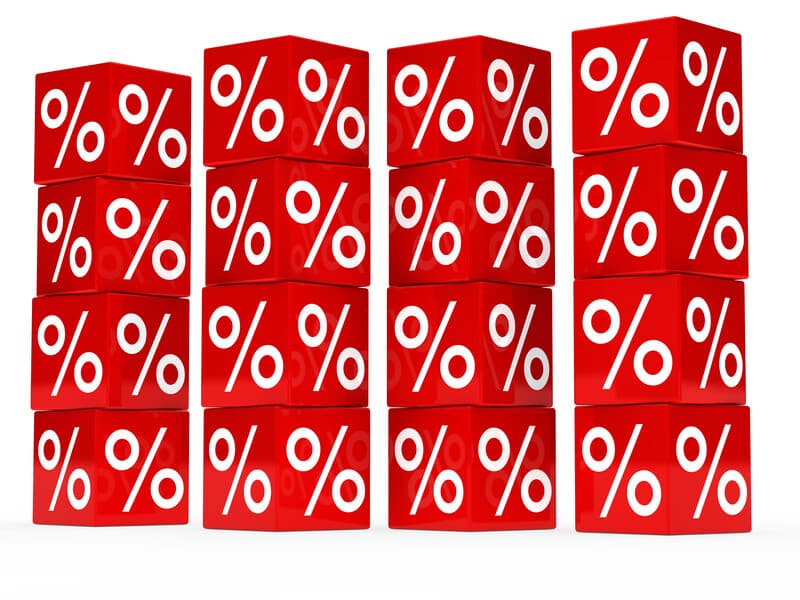How high are the taxes if you work in Denmark?
You will be funding the Danish social welfare state
Denmark has an extensive social welfare state financed by taxes. When you read about great Danish benefits such as basic health care that is free to the user and college tuition that is free for the student, it is easy to forget that they are financed by some of the world’s highest taxes. But how high are the taxes if you work in Denmark?
Many internationals would like to have a “tax calculator” to show exactly how much take-home pay they can expect after the Danish tax bite.
Here’s a rough version of a Danish tax calculator – but the amount you will pay will depend on where you live in Denmark, your family situation, and whether or not you own or rent your home, as well as whether or not you own a car.
Everybody pays taxes, even the poor
First things first: everybody pays taxes in Denmark, including pensioners and the unemployed. The very basic Danish tax bite for the lowest salaries is 12.18% of income, after the standard personal deduction of DKr48,000.
Denmark’s various municipalities add a tax on top of that, with some municipalities charging more than others. Hjørring Kommune in North Jutland charges 26.21% of income, while Tarnby Kommune charges only 23.10%.
As you move up the income scale, you will pay more in taxes. Any income that is above DKr568,900 will unleash the dreaded “top tax” of an extra 15%. The current “tax ceiling” is set at 52.07% of your income.
What can you deduct?
There are, however, items you can deduct from your income to make your total tax lower. Many of the costs associated with owning a home are deductible, for example, which is why many Danes purchase a house or apartment as soon as they can afford it. (On the other hand, that makes them liable for property taxes.)
Some of your commuting costs are also deductible if you live relatively far from your job. So are union fees and pension contributions.
While you cannot deduct the costs of having children from your income, you will receive a “child check” from the government for their care once per quarter if your children are under 18.
Other taxes
In addition to income taxes, Denmark collects taxes from many other sources. Sales tax/value added tax is 25% on most items, making a trip to the grocery store an expensive experience.
Denmark also collects a fee of around DK200 + VAT for items sent from outside of the European Union, so make sure to do your online shopping from stores based in the EU.
High taxes and Danish business culture
High taxes are an important part of Danish culture, but they are also a significant factor in the business culture of Denmark.
For example, annual bonuses are much less important than they are in many other business cultures; most of the money vanishes into the jaws of the tax department anyway.









